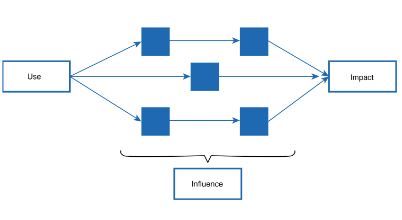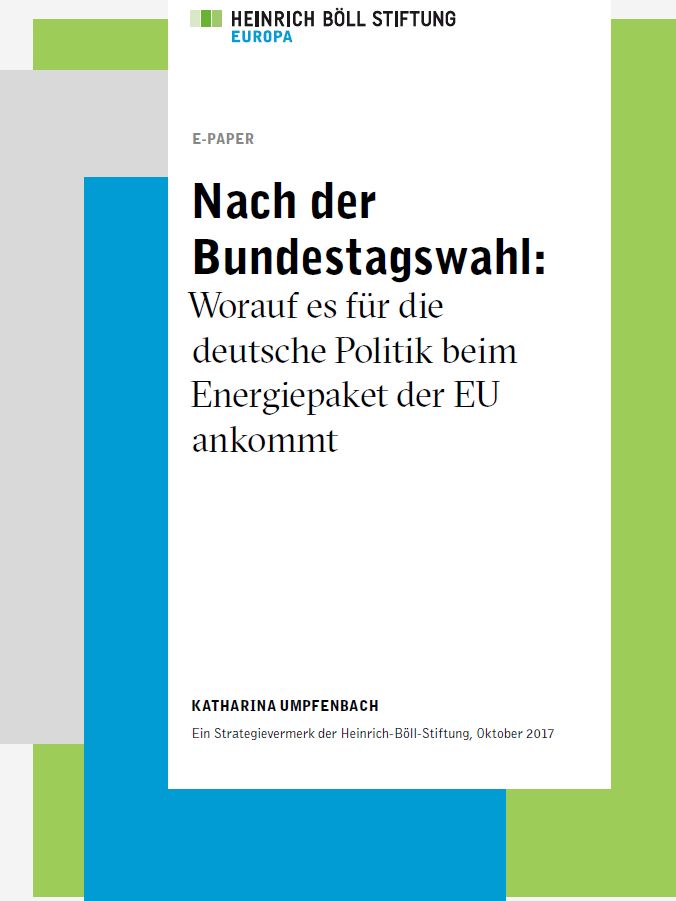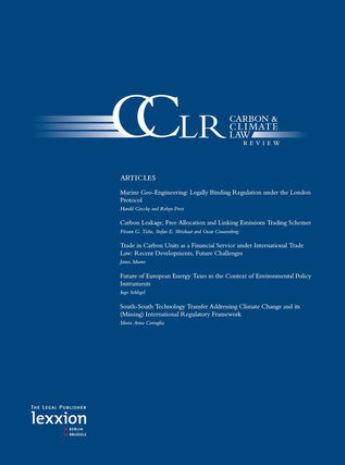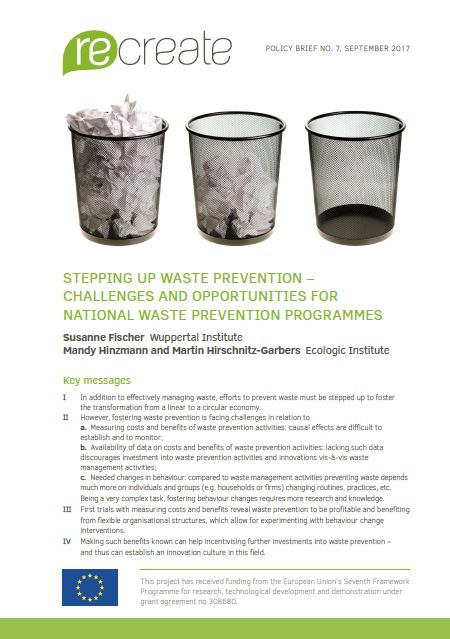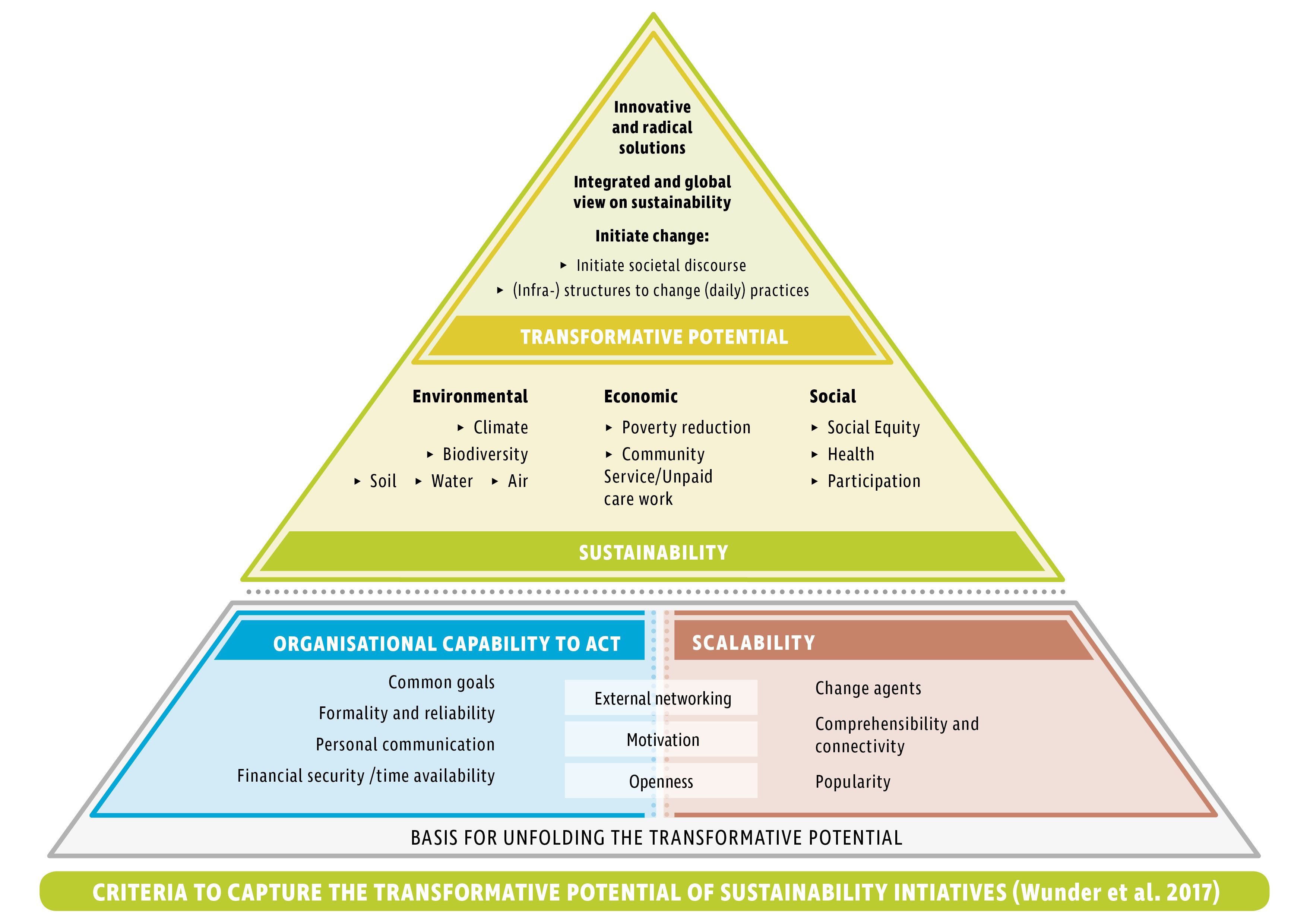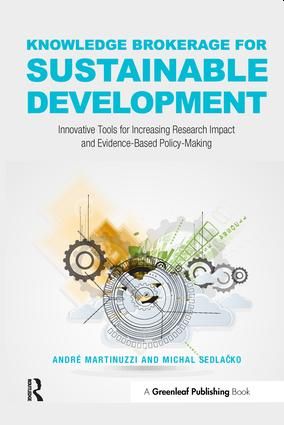Presentation:Panel discussion
Publication:Book
Towards a Harmonised Methodology for Statistical Indicators – 2017 Edition
Part 3 – Relevance of Indicators for Policy Making
Year
Read morePublication:Report
Event:Workshop
Presentation:Speech
Event:Digital Event
Arctic Summer College 2017 – Webinar Series
-
Berlin, Germany and Washington DC,
United States
Publication:Podcast
Publication:Article
Presentation:Panel discussion
Publication:Policy Brief
Stepping up Waste Prevention
Challenges and Opportunities for National Waste Prevention Programmes
Year
Read moreEvent:Summer School
Presentation:Speech
Publication:Infographic
Project
Publication:Book Section
